It's been a long time coming but it sounds like it's seriously close now, with the major OpenGL rendering work for Them's Fightin' Herds on Linux being done.
Reminder: originally funded during an IndieGoGo crowdfunding campaign with an initial funding goal of $436K, which was way back in 2015. Linux and macOS support were stretch-goals at $486K, meaning they would only happen if it hit that goal. Once the campaign finished, they managed to raise around $586,346. It then went into Early Access in February, 2018 and released proper in May, 2020 for Windows.
Back in August, they showed off it running on Linux with a few hilarious rendering issues. They've now announced that's all solved. During a recent livestream they gave an update, here's a rough quote of what was said:
We're pretty much 100% on graphics as far as I know, it's exactly pixel for pixel identical to Windows. This was a bit of an undertaking at this point, TFH was based on Skullgirls. That is a game that had Linux and mac ports, so we thought well you know maybe we could use that, so when I went to go through and audit all of the graphics code to see what we could actually use - I came to the conclusion that TFH has diverged so far from what Skullgirls was that we could not use any of it, we had to start over. We have a brand new graphics engine, written from scratch in OpenGL that works alongside our Direct 3D driver and it's also going to be the future graphics driver I believe, we're going to slowly shift everything over to it and put our Direct 3D driver under the new system.
Basically we are 95% of the way to having a Linux port, we have actually played online matches with it and it works pretty good. There are some minor issues we may have to iron out first, I don't know how long it's going to take but we're pretty much getting to the point where we're going to start testing pretty soon. […] OpenGL and not Vulkan, we would not get much of a benefit from using Vulkan, we have done quite a lot of work on this but mostly everything we need is done by OpenGL well enough. We could potentially do a Vulkan driver down the road, but it would not give us much of a performance boost because the structure of the program does not fit what Vulkan would need for more performance.
Mauve, ManeSix DevTeam
No clear date was given for the Linux port and macOS will come after Linux is done, as they don't want to take on too much at once and dedicate time to it. It sounds like they really are close now. They also gave a shout out to @cybik, who handled the Linux and macOS ports of Skullgirls and Indivisible by Lab Zero for "helping them on the side".
You can listen to their Linux update in the below livestream VOD. Starting at 1:39:00 which our embed should do for you:
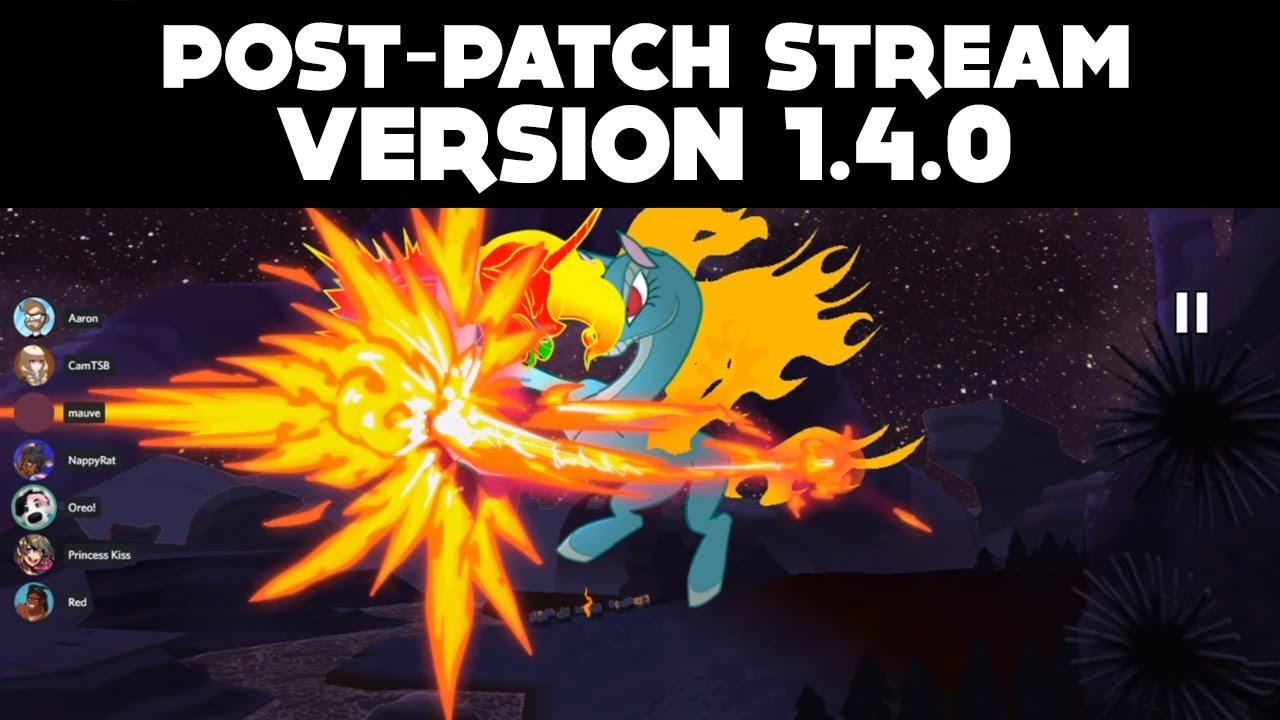
Direct Link
You can buy it from Humble Store and Steam.
A little sad though that I got in my Steam Library already since a while (IIRC via a Humble Monthly) and DEVs unlikely see much of Linux interest therefore.
If the game has working OpenGL rendering support, why even invest the extra amount of work to maintain Direct3D rendering?
If multi-platform support is known to be a requirement right from the start, why even bother implementing Direct3D support?
There is one thing I am often wondering about:
If the game has working OpenGL rendering support, why even invest the extra amount of work to maintain Direct3D rendering?
If multi-platform support is known to be a requirement right from the start, why even bother implementing Direct3D support?
Honestly, there's two things.
- Knowledge. Statistically speaking, there are far more developers with Windows/DirectX knowledge than with OpenGL, and even if you find a very good OpenGL dev, chances are OpenGL itself is going to throw a bunch of wrenches in the implementation of your engine. I went through enough hoops in the development of the Indivisible Linux and macOS engine cores to want to forget OpenGL ever existed.
- Cost-effectiveness. You're technically not wrong in saying that OpenGL would cover "most" bases... except for the tiny fact that programming first for DirectX unlocks access to 90%+ of the PC ecosystem (Windows), as well as the Xbox console - already a gigantic market presence there. macOS and Linux, much to my chagrin, remain an afterthought in that equation, as presence on other console platforms (Switch, PlayStation) remains far more lucrative than catering to the Apple users (4% of the market) or to the fair people of the Penguin Persuasion (1%, if that)
tldr: I'm a Linux gamedev on my free time and even I recognize there's some things playing against our preferred platform.
edit: a fellow dev also mentions this:
i've had less than fun experiences with opengl on windows unfortnuately
it """works""" but then you run across someone who doesn't have a good driver and it just explodes sideways
and there is nothing you can do about it
WHQL, at the very least, verifies that the drivers do what they are advertised to do
Last edited by cybik on 7 Oct 2020 at 6:36 pm UTC
Last edited by Julius on 7 Oct 2020 at 9:58 pm UTC
Also OpenGL support is or at least used to be hilariously bad on the Intel GPU drivers provided with Windows (no idea how it is these days, haven't touched Windows for OpenGL gaming in quite some time). Linux users are really "missing out" on that, since we got great OpenGL and even Vulkan support on Intel for quite a while now.
OpenGL support on recent Intel hardware is pretty decent (though not as good as NVIDIA's). The same goes on AMD hardware, although you have to pay a performance penalty compared to Direct3D on AMD's Windows drivers. (This is one of the problems that Vulkan solves.)
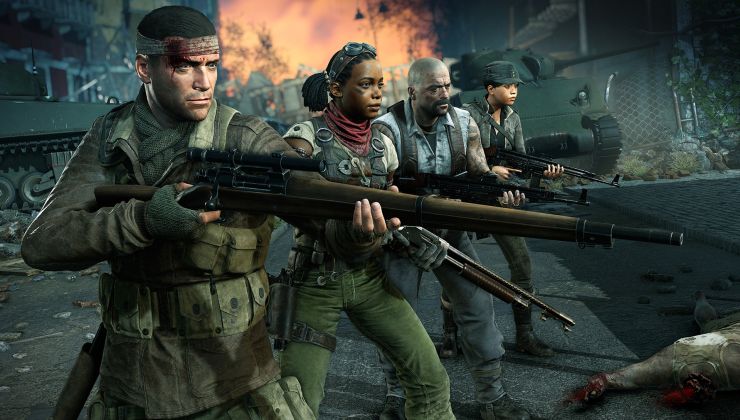
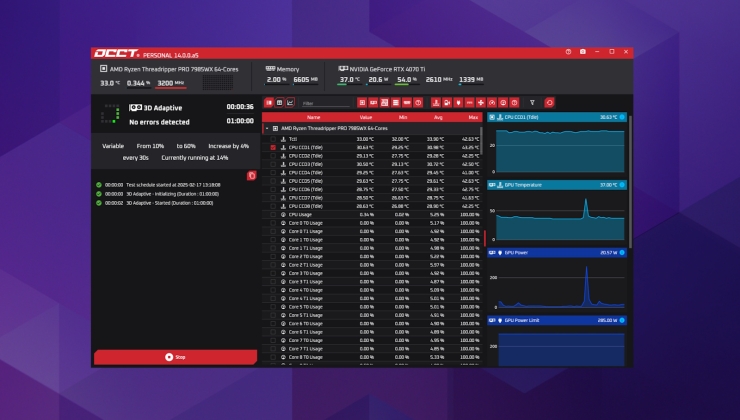
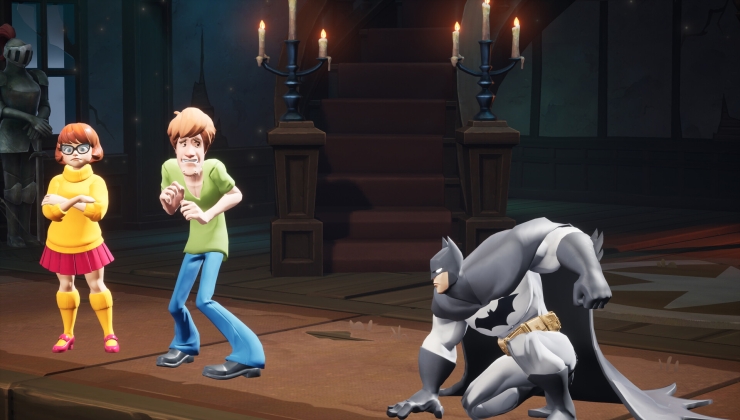
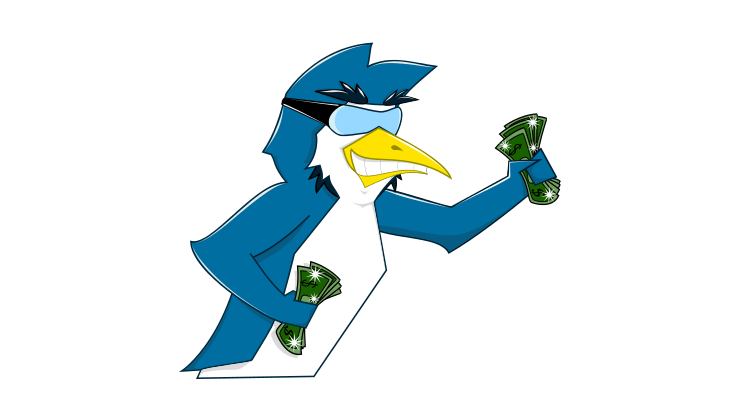




 How to set, change and reset your SteamOS / Steam Deck desktop sudo password
How to set, change and reset your SteamOS / Steam Deck desktop sudo password How to set up Decky Loader on Steam Deck / SteamOS for easy plugins
How to set up Decky Loader on Steam Deck / SteamOS for easy plugins
See more from me